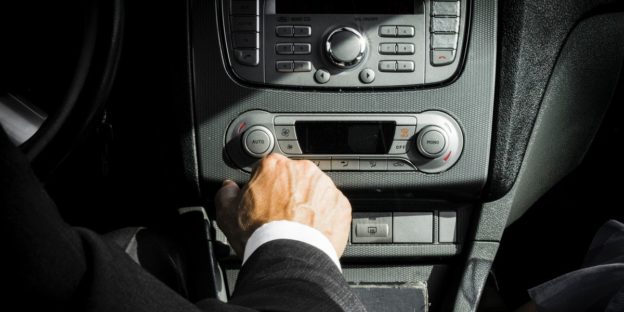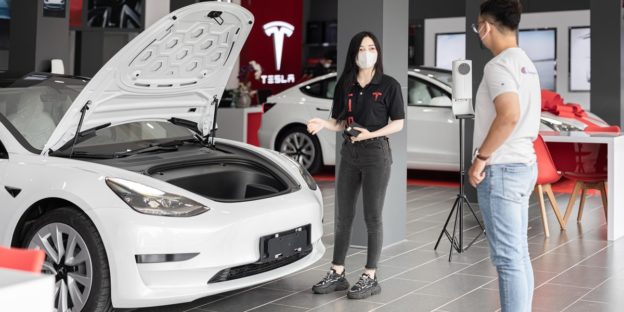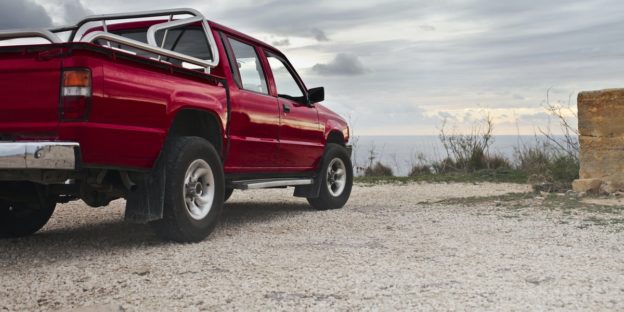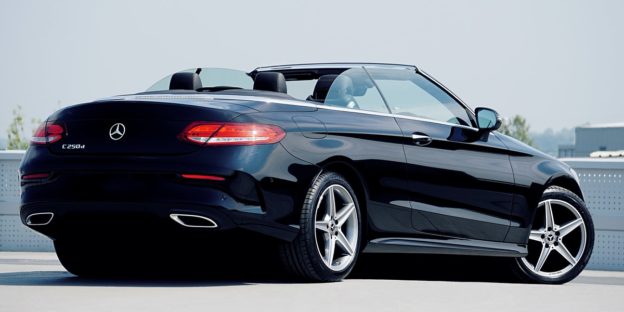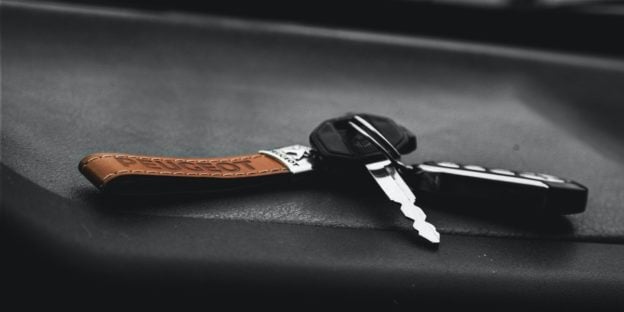It’s a question that everyone is asking, “Will car prices go down in 2023?”
In 2020 and 2021, chip shortages, the pandemic, factory shutdowns and other factors made car buying a very different experience. There was a massive shortage of cars, which led to high prices, low inventory and essentially no good offers.
So what does 2023 look like so far, and will we continue to see car prices decrease? Let’s find out what the experts are saying!
Why 2023 Has a Strong Outlook for Car Buying
Experts predict that car prices will be coming down after two years of inflated prices brought on by the pandemic. Prices could drop by 5 percent for new vehicles and 10 to 20 percent for used vehicles, according to a report from J.P. Morgan.
The worst of the microchip shortage is behind the auto industry, which is good news for everyone. But that doesn’t mean that things will automatically revert back to pre-pandemic days. It still takes time to rebuild inventory and manufacture the same number of cars.
Here are some signs that the auto industry is recovering:
- More inventory. Most dealerships are no longer struggling with inventory issues, which means they’re able to drop the prices on their vehicles. Production is improving and over one million vehicles are being delivered each month.
- Longer time on car lots. Cars are also spending more time on the lot – another sign that inventory is improving. In December 2022, an estimated 47 percent of vehicles sold within 10 days, down from 57 percent in March 2022.
- Popular models are available. Although vehicle availability is still limited among certain models and vehicle types, buyers are increasingly able to get their hands on popular models compared to last year.
But…Car Prices Remain Elevated
Even though things are looking up for the automobile industry, car prices are still heavily inflated. J.D. Power estimated the average new-car transaction price to be $46,382 in December 2022, a 2.5 percent increase from the year before. Furthermore, the median price for all new cars among Cars.com dealers was up nearly 6 percent in a single year.
Experts are predicting the landscape to improve even more later into 2023, but this doesn’t mean that things will go back to what they were. Mortgage interest rates, groceries, gas, etc. are all elevated and will probably stay that way, and this is no different for vehicle prices.
For those who can’t wait any longer to buy a car, check out RepoFinder.com. This website offers a full list of credit unions and banks that are selling repo inventory. There are many safe, reliable vehicles available for purchase, and they cost a fraction of the price of what you’ll find at the dealerships.
There is no cost for RepoFinder, so see what you have to gain by buying a repo car!



